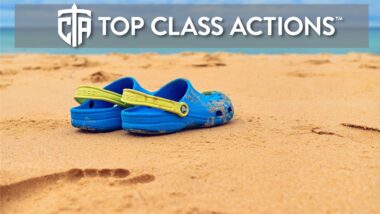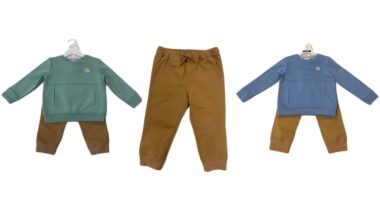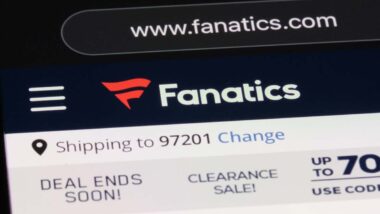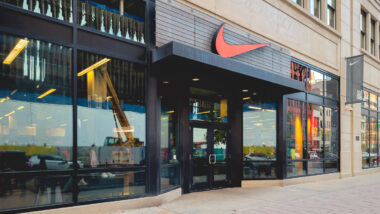Top Class Actions’s website and social media posts use affiliate links. If you make a purchase using such links, we may receive a commission, but it will not result in any additional charges to you. Please review our Affiliate Link Disclosure for more information.

According to a class action lawsuit filed by the mother of a nine-year old, a certain variety of Skechers light-up shoes that she purchased for her boy malfunctioned and caused chemical-based burns on the bottom of his feet.
The alleged cause of the burns on the feet of the complainant’s son were Ni-Cad batteries. Ni-Cad batteries are fully enclosed in the sole of several varieties of Skechers light-up shoes including S-Lights, Shopkins, and Twinkle Toes.
These batteries tend to run smaller than your average lead-acid batteries and are recyclable. They often look like two or three AA batteries wrapped tightly together, but they are in an entirely different category and can be toxic.
The purported problem with the Skechers light-up shoes is the fact that they are fully enclosed and not allowed to vent. A gas can accumulate within the encasement, and allow the battery to explode, leaking its chemical make-up throughout the footwear and onto the feet of active children. What is meant to be a cool feature that adds to the appeal of Skechers light-up shoes to juveniles may end up hurting them.
Water and Skechers Light-Up Shoes
Because children tend to be active and automatically seek out simple thrills, their footwear is usually not kept in pristine shape for very long. When it comes to water and the Ni-Cad battery, this is especially problematic.
Kids might jump into a series of puddles and soak the shoes or get them muddy and tempt parents to wash them in a clothes washer. When this type of battery is exposed to water, it can rust and further compromise its ability to vent. In some cases, a rusted battery has actually exploded and brought on injuries to feet and even legs.
According to this lawsuit and several like it, the Skechers Co. has had full knowledge for a good number of years of the problems associated with use of the enclosed Ni-Cad battery in their shoe lines.
Consumers are encouraged not to machine wash the shoes because of the potential for damage to the lighting mechanism, but that is allegedly the extent of warning the company has provided.
More recent changes to the shoe company’s website have more involved instructions for caring for their line of Skechers light-up shoes with Ni-Cad batteries. Those that have purchased varieties of this product as far back as 2015 were not warned, nevertheless. Additionally, one variety was quietly discontinued.
For parents whose children were injured by exploding or leaking batteries, these changes are of little comfort. If your child was burned in this way, you may be entitled to compensation by filing a legal claim.
Join a Free Skechers Light Up Sneakers Class Action Lawsuit Investigation
If you purchased shoes from any Skechers light-up lines since 2015 and the battery caused a burn or another injury, you may be eligible for an exploding light-up Skechers class action lawsuit investigation.
ATTORNEY ADVERTISING
Top Class Actions is a Proud Member of the American Bar Association
LEGAL INFORMATION IS NOT LEGAL ADVICE
Top Class Actions Legal Statement
©2008 – 2024 Top Class Actions® LLC
Various Trademarks held by their respective owners
This website is not intended for viewing or usage by European Union citizens.














